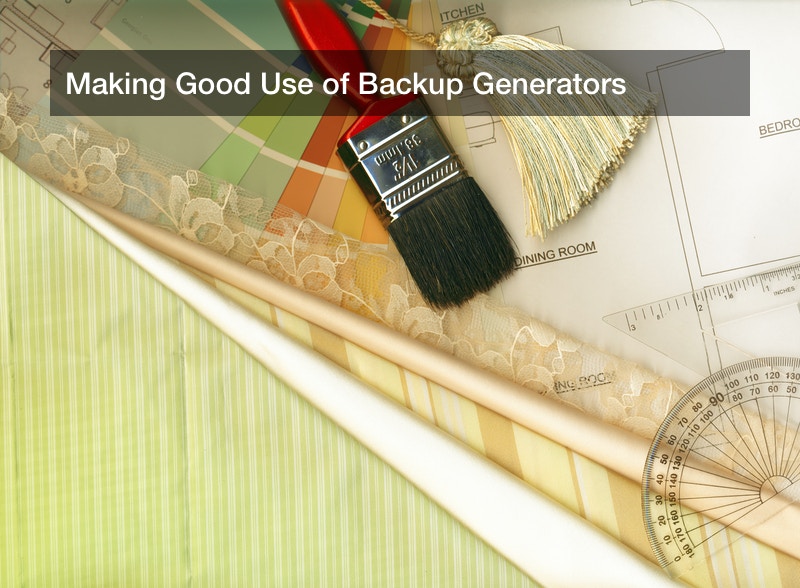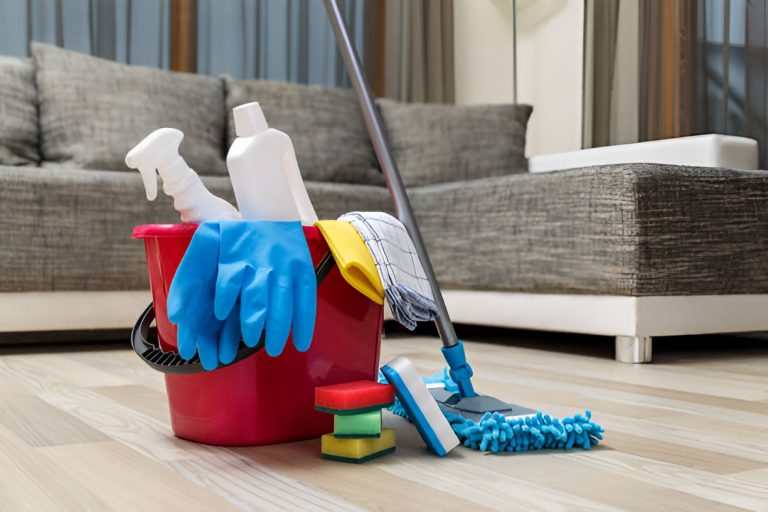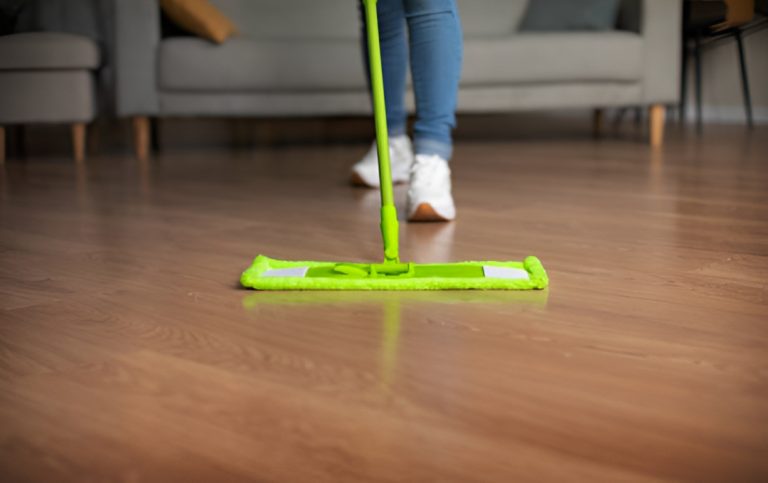

Ever since the late 1800s, humanity has made good use of electricity, and today, most of the world is wired with power lines to keep the lights on and keep buildings running. This is especially true in developed regions such as North America and Europe, but even then, the power might go out due to failures in the grid or other issues. Some buildings, such as hospitals, absolutely cannot afford to be without power, so standby generators will be activated and used until the main power is restored. Emergency generators vary greatly in their size and power output, from whole house generators to standby generators in a commercial building to tiny generators used on camping trips. Often, electricity is taken for granted, but without generator installers and emergency generators on hand, a power outage can spell disaster. Fortunately, standby generators are widely used and available. Just what are typical emergency generator installation requirements? These vary, but professionals can be consulted for any case to help a customer.
Electricity Today
Today’s American power grid is a big one, but it sometimes suffers outages and failures, and some parts of the electric infrastructure are decades old. In the first six months of the year 2014, for example, some 130 total grid outages were reported, and these are becoming more and more common. Federal data has started tracking power outages since 1984, and the numbers show that the American electric grid suffers 285% more power outages now than back then. A typical house certainly uses a lot of power, and on average, a household will spend 2.7% of the income on electric bills. That figures out to $2000 per year, and fully half of that may come from the air conditioning and heater.
What if the power does go out? During very hot or cold months, this can make the home uncomfortable to be in, and food might suffer, too. Without power, the fridge and freezer cannot cool their interiors, and food will start warming up. In this case, the homeowner should regularly check the temperature of food inside. If the power outage ends before four hours pass, the food should be safe. After that point, any food that gets too warm should be discarded. Other than that, a power outage in a home might not have devastating consequences, but having the power out is very inconvenient and not to be desired. So, standby generators can be hooked up to the house, ready to run.
Installing Some Generators
If an area is prone to power outages for one reason or another, or if a homeowner simply wants to cover their bases, they can purchase home-scale generators to keep the lights on no matter what. How to find the right generators for the job? This requires knowing the total electric consumption of the house, and that means adding up the wattage of all light bulbs, the HVAC unit, and all plugged in appliances and devices. For example, 1,000 watts make up a kilowatt, and 1,000 kilowatts constitutes a megawatt. Now, with the total in mind, a buyer can visit hardware stores and look online to find generators that can provide that much power, or a little more. A too-weak generator means that many things in the house will not run, and a too-strong generator is a waste of money.
Professional installers can help a homeowner set up the standby generators, and ensure that these generators come online as soon as the house’s main power goes out. Often, the delay may be very short, or in fact completely seamless for no interruption at all. This can be helpful if the homeowner is using a computer, TV, or similar electronic device and doesn’t what an interruption to that device’s functions. Some generators are designed to work well during floods, so homeowners in flood-prone areas should seek them out.
Smaller generators can power a few devices at once, such as a TV, a laptop, or even just a smart phone. Generators on this scale are popular for camping trips, whether for a tent or for a log cabin. Small generators are also commonly used for powering tailgate parties in parking lots, such as running a TV and a sound system on a pickup truck’s bed.



